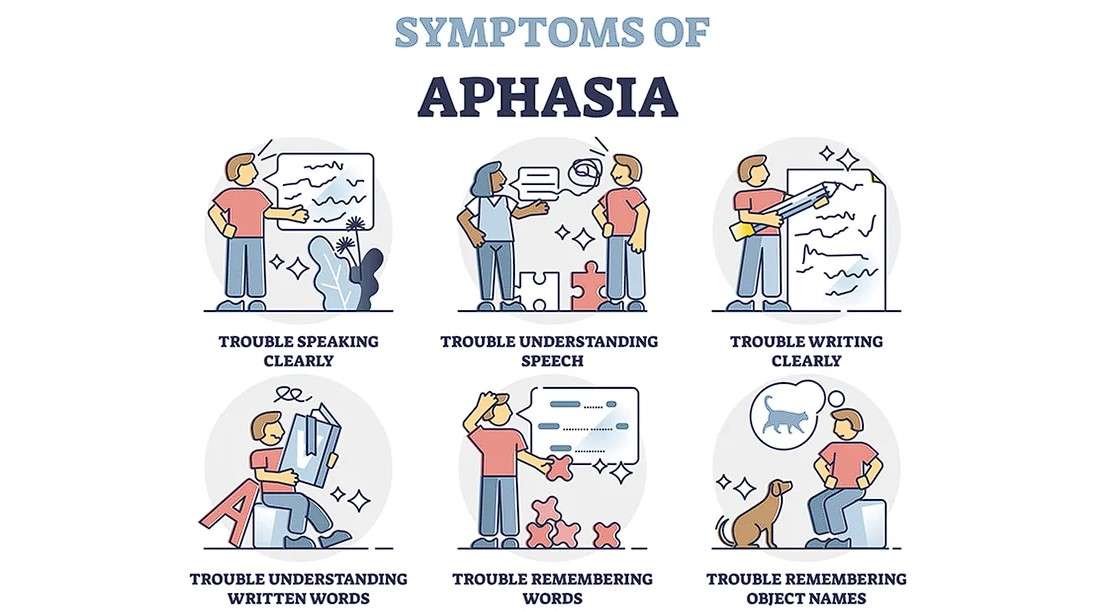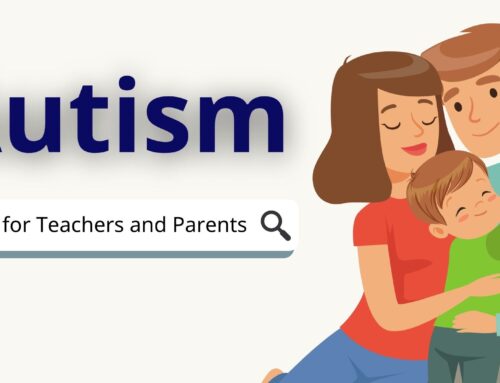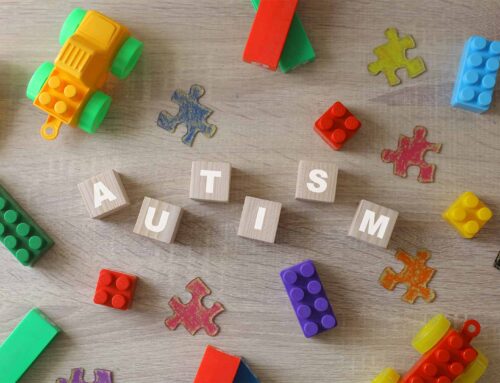Aphasia is a communication disorder that disrupts a person’s ability to process language. It can affect speaking, listening, reading, and writing. This condition arises due to damage in specific areas of the brain responsible for language function.
Causes of Aphasia
Stroke is the most common cause of aphasia, accounting for roughly half of all cases. Other potential causes include:
- Head injury
- Brain tumor
- Infection
- Degenerative neurological diseases (e.g., Alzheimer’s disease)
Types of Aphasia
The severity and nature of communication difficulties in aphasia vary depending on the location and extent of brain damage. Here’s a breakdown of the main types:
-
Broca’s aphasia: This type primarily affects speech production. Individuals with Broca’s aphasia may struggle to find words, speak in short phrases, or have slow, labored speech. Comprehension is often relatively intact.
-
Wernicke’s aphasia: Speech output in Wernicke’s aphasia can be fluent but nonsensical. People with this type may use incorrect words or sounds, misuse grammar, and have difficulty understanding spoken language.
-
Anomic aphasia: This form of aphasia is characterized by word-finding difficulties. Individuals may know what they want to say but struggle to retrieve the specific word. Comprehension and fluency are usually less affected.
-
Global aphasia: This is the most severe form of aphasia, causing significant impairments in all areas of language – speaking, listening, reading, and writing.
Symptoms of Aphasia
The signs and symptoms of aphasia depend on the specific type. Here are some general indicators:
- Difficulty finding words
- Speaking in short or incomplete sentences
- Using incorrect words or sounds
- Struggling to understand spoken language
- Difficulty reading or writing
- Frustration or confusion during communication
Diagnosing Aphasia
A speech-language pathologist (SLP) typically conducts a comprehensive evaluation to diagnose aphasia. This evaluation may involve assessments of speech production, language comprehension, reading, and writing skills. Imaging tests like MRI scans may also be used to identify the underlying cause of brain damage.
Treatment for Aphasia
There is no cure for aphasia, but speech-language therapy can significantly improve communication skills. Treatment focuses on:
- Improving word-finding abilities
- Restoring fluency and comprehension
- Developing alternative communication strategies (e.g., pictures, gestures)
The effectiveness of treatment depends on various factors, including the severity and cause of aphasia, the time since onset, and the individual’s overall health.
Living with Aphasia
Aphasia can be a life-altering condition, impacting not only communication but also emotional well-being and daily living. Here are some resources that can provide support for individuals with aphasia and their families:
- The National Aphasia Association: [National Aphasia Association website]
- The American Speech-Language-Hearing Association (ASHA): [American Speech Language Hearing Association website]
Conclusion
Aphasia is a communication disorder caused by damage to the brain’s language processing areas. While there is no cure, speech-language therapy and support groups can significantly enhance communication skills and quality of life for individuals with aphasia.





Leave A Comment